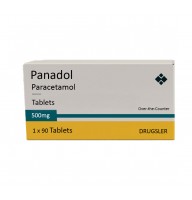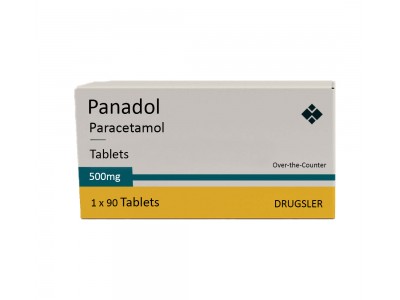The effectiveness of paracetamol (acetaminophen) versus ibuprofen for shoulder pain can depend on several factors, including the underlying cause of the pain and individual response to the medications.
Paracetamol is generally effective for mild to moderate pain relief and has fewer gastrointestinal side effects compared to nonsteroidal anti-inflammatory drugs (NSAIDs) like ibuprofen. It is often preferred for pain relief in individuals who cannot tolerate NSAIDs due to stomach issues or other medical conditions.
Ibuprofen, on the other hand, is an NSAID that not only relieves pain but also reduces inflammation. Inflammatory conditions such as tendonitis or bursitis causing shoulder pain may benefit more from ibuprofen due to its anti-inflammatory properties.
For acute shoulder pain, ibuprofen may provide more comprehensive relief by targeting both pain and inflammation. However, its use should be monitored, especially in individuals with a history of stomach ulcers, kidney problems, or cardiovascular disease, as NSAIDs can have side effects affecting these conditions.
Ultimately, the choice between paracetamol and ibuprofen for shoulder pain should be guided by factors such as the severity of pain, the presence of inflammation, individual medical history, and any contraindications or sensitivities to specific medications. Consulting with a healthcare provider can help determine the most appropriate medication and dosage regimen based on your specific circumstances.

